“Who are we becoming?”
For more than a week, I have been sitting on my hands, waiting for the right words. I couldn’t get through a morning without tears as hate speech turned to action. It was impossible not to think about my parents as they fled their home in Nazi Germany, leaving behind family members who could not believe that their government could turn on assimilated Jews who had served in World War I. I reminded myself time and again that the Mourner’s Kaddish, a prayer Jews recite to remember a loved one lost, does not once speak of death or grief; it is, instead, an affirmation of life and hope. After all, perseverance is key to survival.
But we can’t just turn away in disgust and go on about our lives without recognizing the fragility of our democracy and the basic tenets of humanity. We can’t just forget that two African Americans in Kentucky were killed solely because of their skin color, or that eleven worshippers at Tree of Life Synagogue in Pittsburgh were massacred by a man full of hate for Jews and immigrants. “Not here!” I want to scream. But it is here. Not a new phenomenon, I know – not in America and not in Oregon. But words do matter. And words have emboldened white supremacists in a way that is beyond disturbing. It tests my courage.
I urge you to take a moment to read this thought-provoking commentary by NPR’s Scott Simon. Simon’s steady voice tells a cautionary tale that reflects my concerns.
Scott Simon on Weekend Edition, Saturday, Nov. 3, 2018
Scott Simon, Natl. Public Radio
When I first came to Sarajevo, in the early days of the siege in 1992, people looked at each other and asked, "How could it happen here?" It was a city of espresso-sippers, jazz lovers and sports fans, who had been intermingling and marrying for centuries, Muslims, Serbs, Croats and Jews. Sarajevans saw foreign films, sang along to The Clash and were sure they were just too smart for the blunt, brutal, dumbness of the destruction that suddenly surrounded them.
People asked each other, "How could it happen here?"
There is no real comparison between the United States today and Bosnia of a generation ago. But there may be some value in trying to recall how a stable, sophisticated, and tolerant society could be gripped by madness; and begin to come apart.
In this photo from 1992, women run across "Sniper Alley" under the sights of Serb gunmen during the siege of Sarajevo.
Tom Stoddart/Getty Images from NPR story
It began with disinformation from on high: Serbian state radio, beamed from the hills above the city, shook the city awake in the morning with pulsing nationalist punk rock. Voices who went just by monikers, like the names on many of today's social media accounts, said ethnic nationalism had been crushed by internationalists, bankers, Muslims, Papists, and Jews. It said Serbs were under attack by that same improbable and amorphous international coalition, and had to strike back. The voices floated wild prattle about thugs advancing, and armies marching, even as it was Serb artillery in those hills that rained gunfire on the city.
A society that had been acclaimed as a mix of cultures was suddenly assailed as a kind of ethnic stew that diluted the identity of "blood and soil" — a phrase from the Third Reich I heard in Bosnia, and that is now taken up by white nationalists in the U.S. It helped turn a city of neighborhoods into contending and resentful tribes, identifying people just by the ethnic stamp of their names. It turned neighbors into "those people."
The United States is not Bosnia of the 1990s. But there have been hateful crimes in the news over the past weeks: the two African-American grandparents shot to death at a Kentucky supermarket, allegedly by a man who first tried to enter a predominantly black church; and then the 11 Jews in Pittsburgh's Tree of Life synagogue just a week ago this morning.
The United States is not the Bosnia of the 1990s. But voices on high scorn outsiders and warn of alien invasions and people have been shot because of their blood, faith, and skin color. It may be a week to ask: Who are we becoming?



